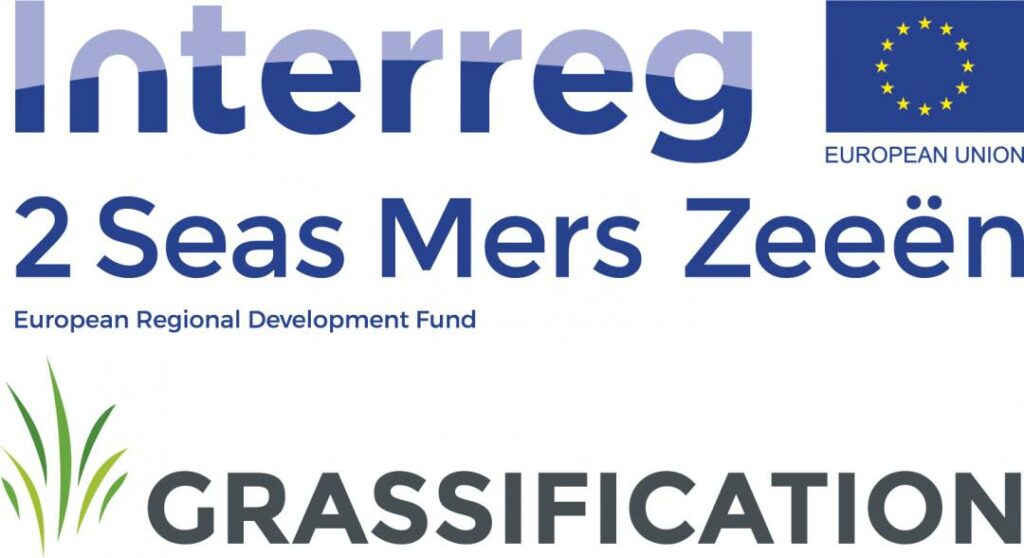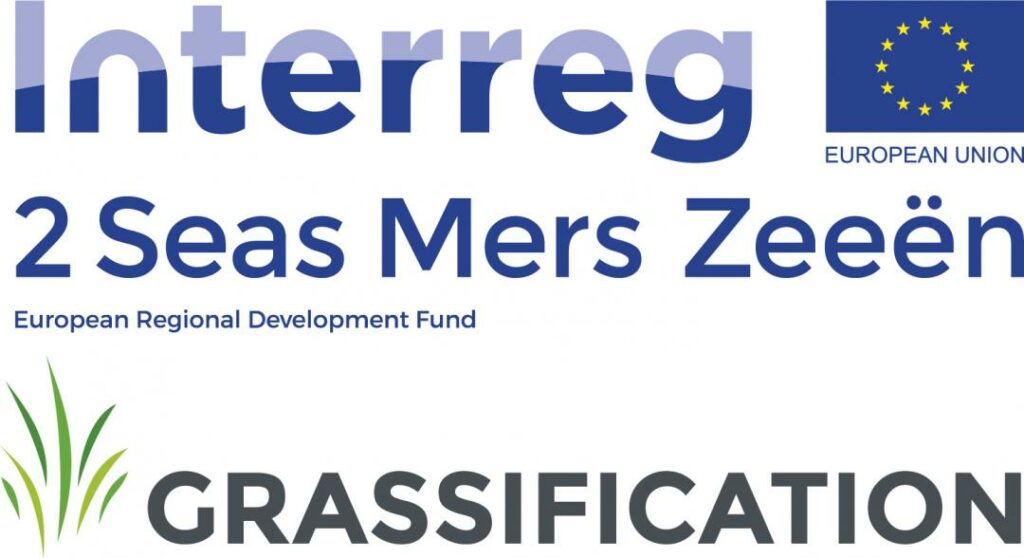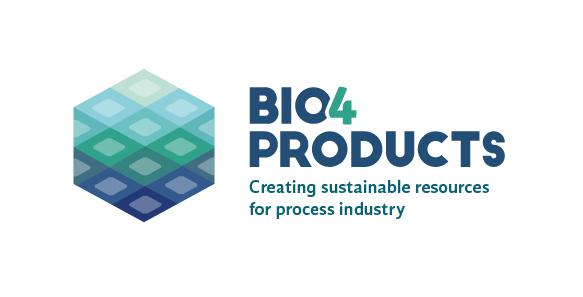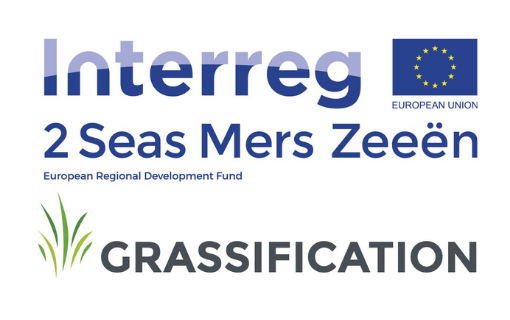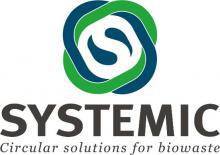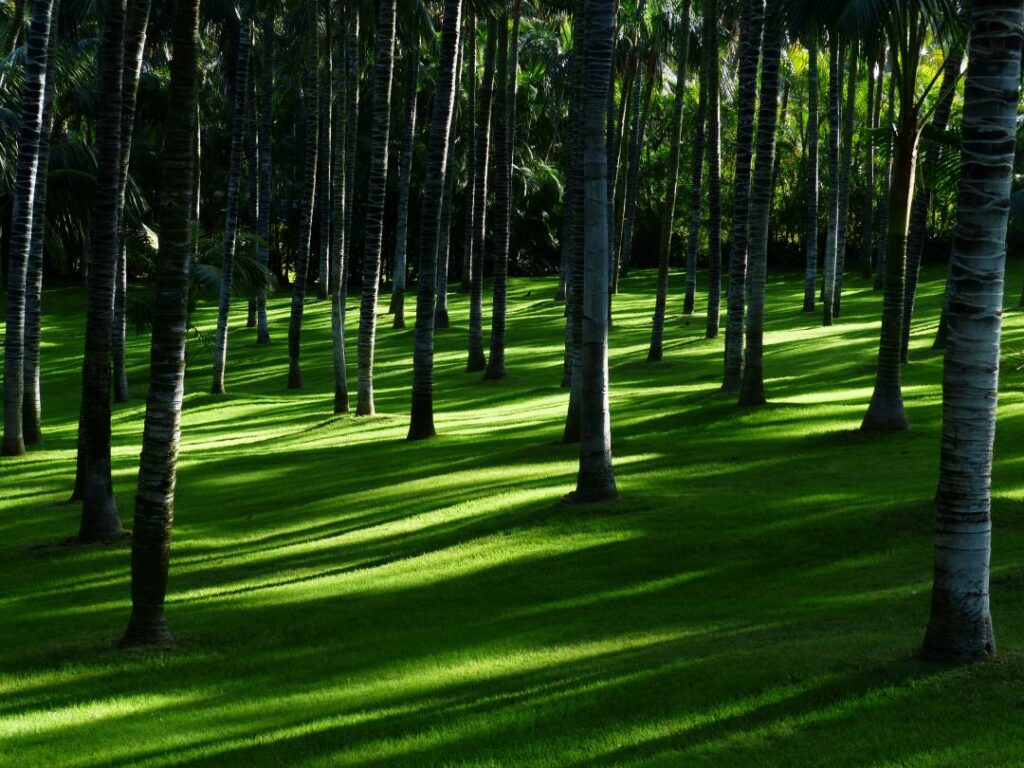Over the last 12 months, Biorefinery Glas, one of Europe’s first small-scale biorefinery demonstration projects, has been working with farmers in Ireland to show how new products and revenue streams can be created using a new farmer-centric bioeconomy approach. Core project partners include research institutes (Institute of Technology, Tralee and University College Dublin) and agri-food organisations (Carbery Group and Barryroe Co-operative), along with core technology partner GRASSA BV. […]
Read More… from Biorefinery Glas – A Farmer-centric Bioeconomy Approach
